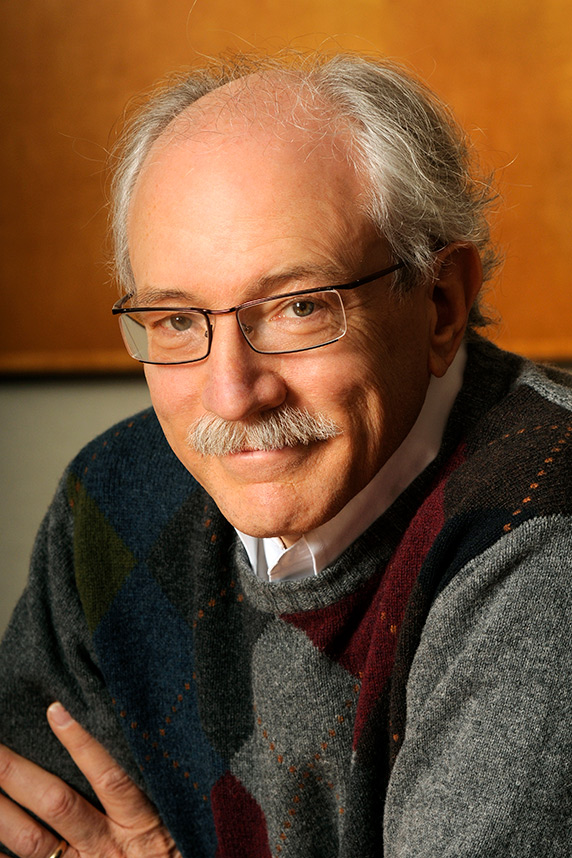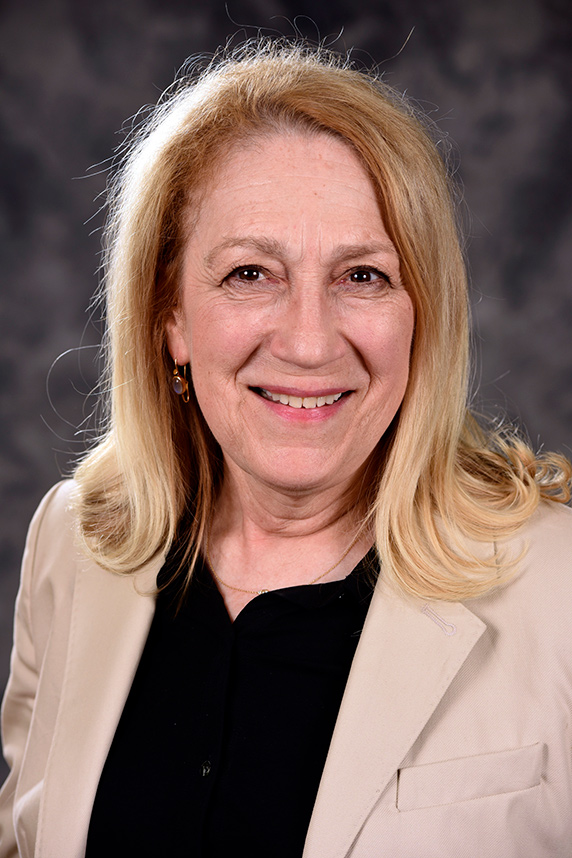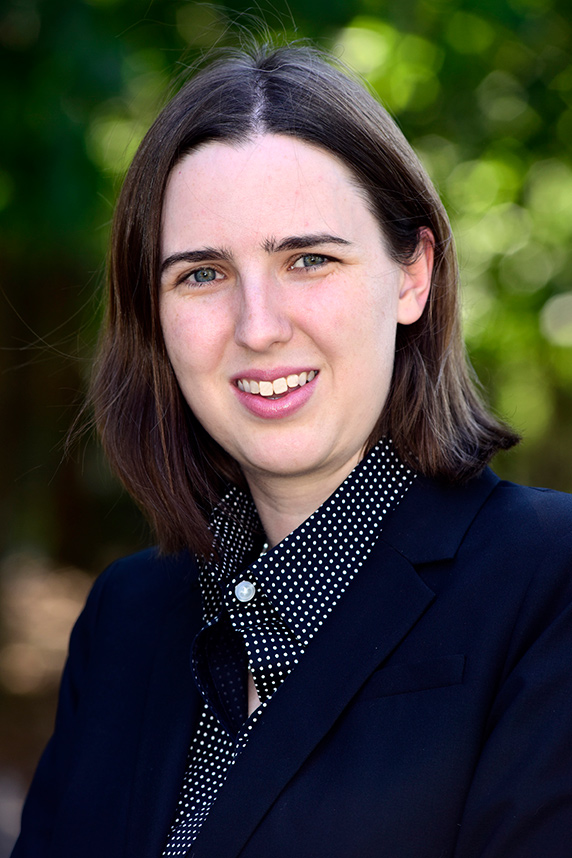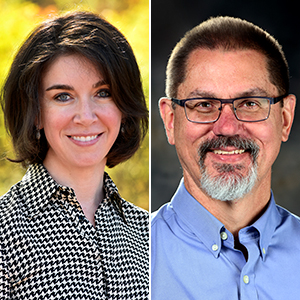A bold effort to improve human health by studying how genes and the environment interact to affect human health was a key topic in the director’s presentation at the June 2 meeting of the National Advisory Environmental Health Sciences Council. NIEHS Acting Director Rick Woychik, Ph.D., shared details on how the environmental health sciences community will contribute to a project called Maps to Mechanisms to Medicine (M2M2M).
 “By combining environmental exposures with genomics, the global public health community will likely benefit from a better understanding of how genes interact with the environment,” said Woychik.
“By combining environmental exposures with genomics, the global public health community will likely benefit from a better understanding of how genes interact with the environment,” said Woychik.Where the rubber meets the road
The project is the initiative of the International Common Disease Alliance (ICDA), which launched in 2019. ICDA is a global scientific collaboration among experts from academia, medicine, industry, and government. The group’s M2M2M initiative seeks to aid the global community’s efforts to support the concept of precision medicine for conditions ranging from autism to diabetes.
 Woychik informed council members that the NIEHS Partnerships for Environmental Public Health celebrated its tenth anniversary in February. (Photo courtesy of Steve McCaw)
Woychik informed council members that the NIEHS Partnerships for Environmental Public Health celebrated its tenth anniversary in February. (Photo courtesy of Steve McCaw)- Maps — A key part of the program involves mapping complex genetic traits that may lead to ill health. By pooling results of numerous genome-wide association studies, organizers hope to better understand which DNA variations are linked to a given disease.
- Mechanisms — Through cell-based research and the use of model organisms, scientists will study the biological processes that underlie changes in the genome sequence. Doing so could provide insights into mechanisms of human disease progression.
- Medicine — “This is all about how to take insights into the complex traits and molecular mechanisms of disease and put them to work in the clinic for the benefit of medicine and public health,” said Woychik. “Ultimately, this is where the rubber meets the road,” he added.
Emphasizing the environment
Woychik is working to ensure that the environment is included as a key health determinant, coupled with genetics. He said that National Institutes of Health Director Francis Collins, M.D., Ph.D., and Broad Institute President Eric Lander, Ph.D., both of whom are supporting the M2M2M program, are enthusiastic about increased involvement of environmental health scientists.
“There’s an opportunity for the environmental health sciences community [to] join forces with the genome community in a powerful way,” said Woychik. This will be especially true of the efforts to define the exposome, which refers to the totality of a person’s environmental exposures throughout the life-course.
Scientific statesmanship
 Goldman suggested that racism should be considered an environmental exposure. She pointed to a statement by the American Academy of Pediatrics on how racism can harm the health of children and adolescents. (Photo courtesy of Steve McCaw)
Goldman suggested that racism should be considered an environmental exposure. She pointed to a statement by the American Academy of Pediatrics on how racism can harm the health of children and adolescents. (Photo courtesy of Steve McCaw)“If you can bring the exposome to [the genome community], that will be an amazing piece of scientific statesmanship,” said council member Lynn Goldman, M.D., dean of the Milken Institute School of Public Health at George Washington University.
Richard Kwok, Ph.D., from the NIEHS Chronic Disease Epidemiology Group, and other scientists from across NIEHS are integrating environmental language into a forthcoming ICDA white paper, which will guide the alliance. Discussions are currently under way about a workshop at the institute in 2021 to bring environmental health scientists together with genomics experts to share ideas.
Council approves new proposal
The council approved a proposal by NIEHS Health Specialist Amanda Garton titled Research-Intensive Short Courses and Educational Opportunities.
Through the program, potential grantees will be encouraged to develop classes on emerging environmental health science topics, including cutting-edge research tools and methods. Courses would be open to scientists across the career span.
Garton said the initiative will balance time spent in lectures and labs, and emphasize hands-on training. Material will be reinforced through class projects and mentoring components. The initiative advances the NIEHS 2018-2023 Strategic Plan, which calls for expanding the professional pipeline in environmental health sciences and increasing workforce diversity.
 Garton said courses could cover neurotoxicology, development of community-engaged research programs, and methods for studying emerging chemicals, among other potential topics. (Photo courtesy of Steve McCaw)
Garton said courses could cover neurotoxicology, development of community-engaged research programs, and methods for studying emerging chemicals, among other potential topics. (Photo courtesy of Steve McCaw)Rave reviews
“I just love this proposal,” said Susan Schantz, Ph.D., an emeritus professor at the University of Illinois at Urbana-Champaign. “I can just think about how excited pre- and postdocs in our training program would be [to] participate.”
“[This concept] addresses an identified need among environmental health investigators,” noted Edith Parker, Dr.PH., dean of the University of Iowa College of Public Health. “There are few ways for [them] to pursue training they may not have gotten previously.”
The goal is for a formal announcement to be released by early fall, with funds distributed in early 2022, according to Garton.
(Jesse Saffron, J.D., is a technical writer-editor in the NIEHS Office of Communications and Public Liaison.)









